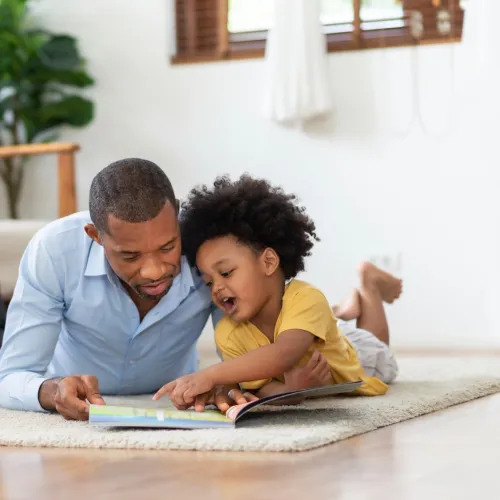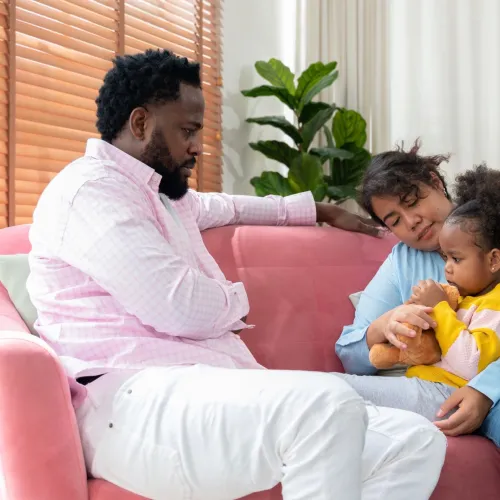4 Reasons Equally Shared Parenting is Good for Parents (As Well As Kids)
While there are 54 peer-reviewed studies (and counting!) that find that children benefit when separated or divorced parents share time approximately equally, there are also countless benefits to moms and dads in 50/50 joint physical custody arrangements.
Here are four reasons that I believe equally shared parenting time can be good for both parents and their children.

Both parents have time to build their careers and incomes
The financial struggle of maintaining two homes, as well as the cost of raising children, is often cited as the number one stress reported by separated parents. In many situations, topping the list of these expenses if the cost of child care.
When both parents have equal responsibility for the time and logistics of caring for their kids, that means both parents now have equal time away from their children. These hours can be used to build careers, start businesses and side hustles, invest in advanced education, training and work travel.
This brings us to …
More equality in parenting
Historically, custody schedules have defaulted to give the mother more time with the children. While this is still the norm, increasingly family law courts and practitioners tend to encourage more equally shared parenting time schedules.
When both parents have equal time with the children, parenting roles are more likely to be equalized in each home. Whereas one partner may have been the disciplinarian while the other was providing emotional comfort, now both parents will have to fill every parenting role when spending time with their kids. This can help to encourage stronger bonds between children and each of their parents individually.
In addition to providing kids with well-rounded support from both parents, it’s also very valuable for children to see their parents taking on both stereotypical “female” and “male” roles — ultimately breaking down outdated cultural norms by changing what children — as well as adults —expect from a parent based solely on their gender.
More equal financial support
While parents who have equal time to care for their kids also have equal time to work and earn, child support payments still apply to many families. However, few would argue that the current child support system is deeply flawed. Consider this U.S. Census Bureau report that found that only 44% of parents who have a child support agreement receive the full sum.
However, studies suggest that parents who spend quality time with their kids are more likely to support them financially. For example, one study of low-income fathers published in a 2015 issue of Journal of Marriage and Family found that dads who were unable to make child support payments but saw their children regularly made twice the in-kind contributions like clothes, school supplies, diapers, and food, when compared to fathers who did not visit their children regularly.
This study shows that more equal time spent with children means that one parent is less likely to be solely burdened with out-of-pocket expenses.
More time to live!
Parents with equally shared parenting time are typically in a better position to invest in activities outside of parenting and working: exercise, rest, hobbies, volunteer work, spending time with friends, and romance.
While there is no study to quantify this, I interact with hundreds of thousands of single parents every year, and I can tell you two things:
- Lack of free time is the #1 challenge reported by parents with majority or 100% parenting time.
- These parents report guilt, stress, and even more guilt when they do take time out and invest money in a sitter so they can enjoy an evening out for a date, or a weekend away with friends.
When parents equally share time with a co-parent, this frees both mom and dad up in time and money to be their own happiest, healthiest parents and people.
NOTE: Many state and federal laws use terms like ‘custody’ when referring to arrangements regarding parenting time and decision-making for a child. While this has been the case for many years, these are not the only terms currently used to refer to these topics.
Today, many family law practitioners and even laws within certain states use terms such as ‘parenting arrangements’ or ‘parenting responsibility,’ among others, when referring to matters surrounding legal and physical child custody. You will find these terms as well as custody used on the OurFamilyWizard website.




